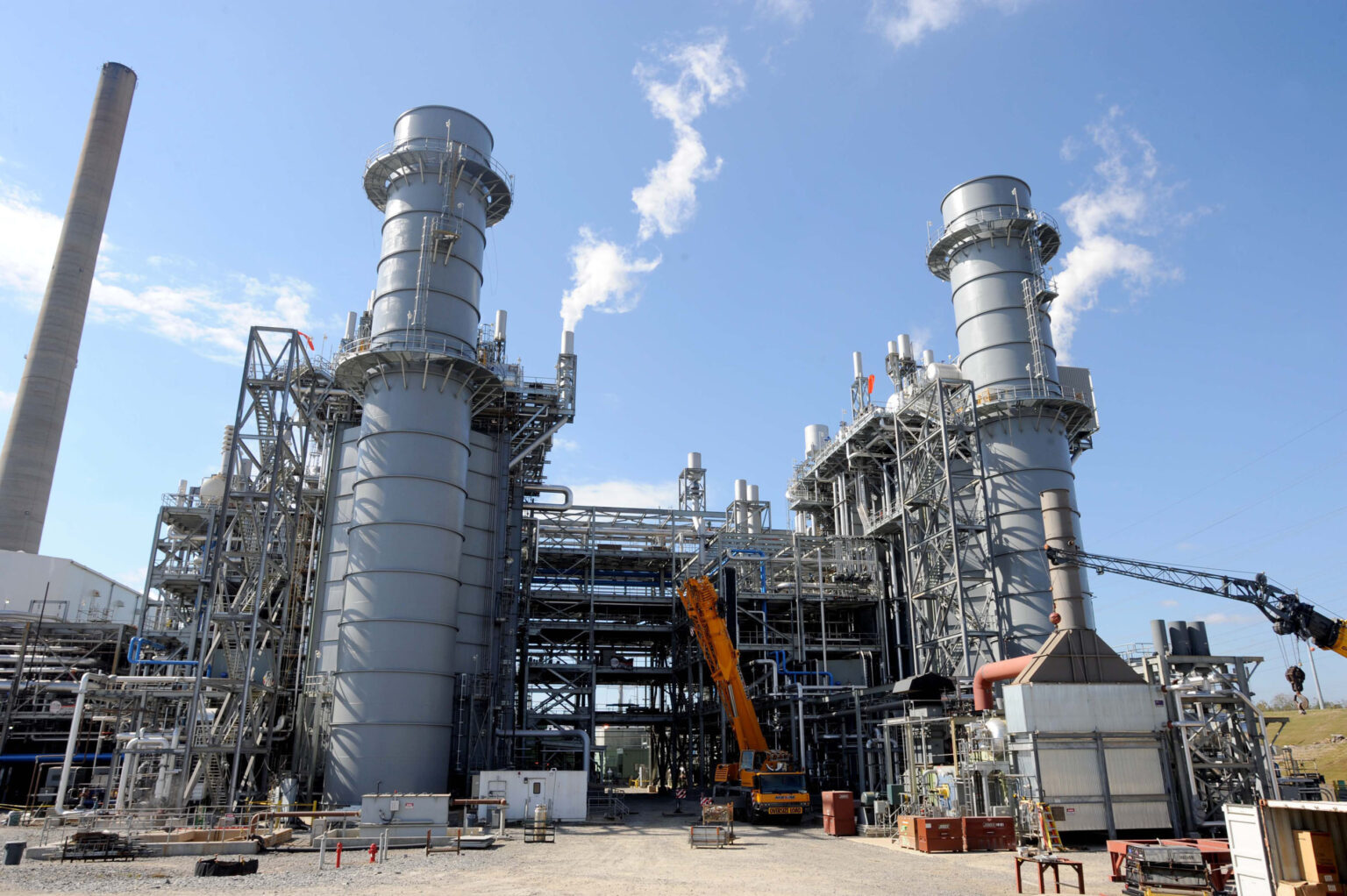Qatar is undergoing a massive transformation in the energy sector, with its utility providers leading an ambitious modernisation of the national grid. This initiative is not just about upgrading power lines or adding technology; it is about shaping the future of how electricity is produced, delivered, and consumed. These projects aim to ensure reliability, promote sustainability, and strengthen the nation’s infrastructure as Qatar prepares for its long‑term vision.
Smart Grids for Smarter Cities
At the core of this modernisation lies the introduction of smart grid technologies. Unlike traditional grids, smart grids use advanced sensors, automation, and real‑time data analytics to optimise energy flow. They can instantly detect and respond to faults, drastically reducing outage times. For consumers, this means consistent and stable electricity. For utility providers, it offers operational efficiency and better resource management.
Smart grids also open the door to better integration of renewable energy sources. As Qatar focuses on cleaner energy, these grids make it easier to balance energy supply and demand, storing excess renewable energy and distributing it where and when it is needed.
Renewable Integration: Harnessing Solar and Beyond
Qatar’s geographical advantage makes solar energy a vital part of this transformation. Utility providers are investing in photovoltaic systems and exploring battery storage solutions that allow energy to be used even during nighttime or cloudy days.
These steps are significantly lowering Qatar’s carbon footprint while ensuring reliable power. Incorporating renewable does not just serve environmental goals it also reduces dependence on fossil fuels and supports global commitments to a sustainable energy future.

Micro grid Expansion in Key Zones
Another innovative step in modernisation is the expansion of micro grids. These are localised grids that can function independently if the main grid fails. They are being deployed in critical zones such as industrial areas, campuses, and remote communities where uninterrupted power is essential.
Micro grids improve reliability, reduce vulnerability, and create opportunities for testing new energy technologies. They also allow localised energy trading and flexibility, giving businesses and residents more control over their power use.
Grid Resilience: Ready for the Unexpected
Resilience is a crucial part of modernisation. A modern grid is not only efficient but also prepared for unexpected events. Qatar’s upgraded grid includes automated fault detection, self‑healing circuits, and faster recovery systems. When an issue arises, these technologies isolate the problem and restore service quickly without widespread blackouts.
This proactive approach minimises maintenance costs and ensures that power interruptions have minimal impact on daily life and business operations.
Consumer Empowerment and Engagement
The modernisation projects are also designed to empower consumers. With the introduction of smart meters and mobile energy management platforms, people can now track their consumption in real time. They can adjust their usage patterns, avoid waste, and save money.
Utility providers are running awareness campaigns to educate households and businesses on how they can contribute to energy efficiency. This two‑way engagement creates a sense of responsibility and encourages sustainable habits at every level of society.
The Digital Backbone: Control Centers and Cybersecurity
Behind these technological advancements are state‑of‑the‑art control centres that monitor and manage the entire grid. They use artificial intelligence and big data analytics to predict demand, identify potential failures, and enhance operational performance.
However, with increased connectivity comes the risk of cyber threats. Qatar’s utility providers are heavily investing in cybersecurity measures to protect their digital infrastructure. This ensures that operations remain secure while safeguarding consumer data.
Environmental and Economic Benefits
The benefits of grid modernization extend far beyond technology. Environmentally, it helps Qatar cut emissions and promotes cleaner energy use. Economically, it reduces operational costs, attracts investment, and supports industries that require high‑quality power to function efficiently.
Additionally, modernised infrastructure creates job opportunities, from technology specialists to skilled technicians, fostering economic growth and knowledge transfer within the country.

Community Impact and Inclusivity
Modernisation projects are designed to benefit all communities, whether in bustling cities or developing regions. Reliable power improves living standards, supports education, and drives business innovation. Utility providers are ensuring inclusive by making these advancements accessible to all, creating a more connected and equitable energy landscape.
Vision 2030 and Energy Leadership
Qatar’s modernisation aligns closely with the Qatar National Vision 2030, which emphasises sustainability, economic diversification, and environmental stewardship. By upgrading its grid, Qatar is not only meeting domestic energy needs but also setting an example in the region for clean and smart energy solutions.
This leadership strengthens Qatar’s global reputation as a forward‑thinking nation committed to innovation and sustainable progress.
Challenges and the Road Ahead
While the journey is promising, it comes with challenges. Integrating advanced technologies, training skilled professionals, and ensuring seamless transitions require continuous effort. Yet, Qatar is addressing these obstacles with strategic planning, partnerships with global energy leaders, and investments in research and development.
Future plans include scaling up renewable energy, integrating electric vehicle networks, and using artificial intelligence for even smarter energy distribution. These efforts will ensure that Qatar stays ahead in the global energy race.
Conclusion
The energy grid modernisation projects under Qatar’s utility providers are more than just upgrades—they represent a transformation in how energy powers society. From smart grids and renewable integration to micro grids and consumer empowerment, these initiatives are driving efficiency, sustainability, and resilience. They are improving lives today while securing a brighter, cleaner, and smarter energy future for generations to come.Tools
Do follow Gulf Magazine on Instagram.
Also Read – AR Tourist Guide Qatar Unlocks Stunning Heritage Experience Today



